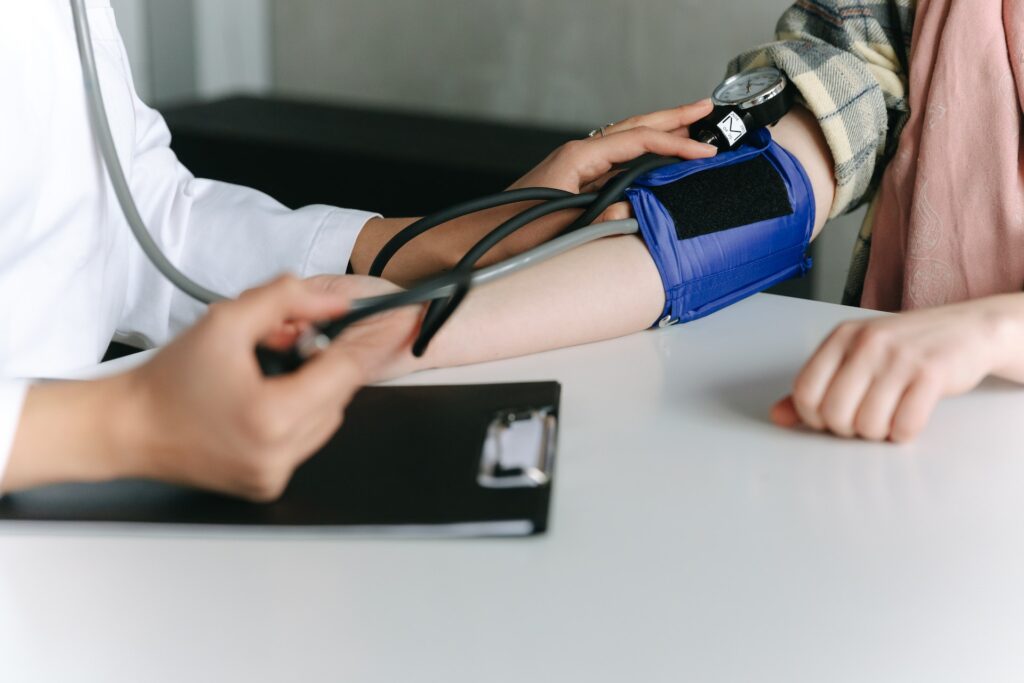Hot peppers contain capsaicin, which binds to vanilloid receptors and triggers your heat sensors. It also desensitizes a migraine nerve and depletes CGRP, the chemical that sends pain messages to your brain.
Capsaicin supports heart health by lowering blood pressure and preventing blood clots. It also promotes healthy blood vessels and decreases lipid deposits.
Anti-Inflammatory Properties
Hot peppers contain capsaicin, which is responsible for the spice in these foods. Capsaicin has anti-inflammatory properties that protect against many diseases, including heart disease and diabetes. It also boosts metabolism and helps the body burn calories faster. It also suppresses appetite and reduces cravings, which can help with weight loss. Capsaicin can also be used to treat skin problems like psoriasis.
A recent study found that people who regularly eat a diet high in spicy foods have a 13% lower chance of dying from heart-related causes. Scientists believe this is because capsaicin may prevent the formation of lipid deposits in the arteries. Capsaicin may also help lower blood pressure by helping the kidneys get rid of excess sodium. It may also help lower cholesterol levels.
Lowers Blood Pressure
Capsaicin, the substance that gives chile peppers their heat, can help lower blood pressure through its vasodilatory properties. High blood pressure is known as hypertension, and it can lead to a variety of cardiovascular diseases, including heart attack and stroke.
A diet that is rich in antioxidants, such as the one provided by consuming chili peppers, can help ward off diseases like diabetes and cancer. A study published in the journal Diabetes Self-Management found that a diet including capsaicin, the chemical responsible for the spicy punch of peppers, could also prevent blood sugar spikes and reduce insulin levels after meals.
Additionally, a diet including peppers and sauces that contain capsaicin can help suppress appetite, allowing you to consume fewer calories. However, be sure to consult your doctor or a registered dietitian nutritionist before incorporating spicy foods into your diet.

Reduces Risk of Cancer
Studies show that spicy food can improve your overall health in a number of ways. Capsaicin, the main component of hot peppers and hot sauce, may help lower blood pressure by reducing the amount of sodium that your kidneys have to process. It can also reduce lipid deposits and prevent blood clots in your arteries, promoting heart health.
Peppers are also rich in potassium, copper, and vitamin A (which is turned into vitamin C by your body). Eating peppers and adding a dash of hot sauce to your meals can boost your immune system. They have anti-microbial properties, allowing them to kill harmful bacteria in your digestive tract. This can also aid in preventing and treating gastrointestinal diseases. They can even help with allergies.
Boosts Immune System
Eating a hot pepper a day will improve your immune system. The capsaicin in peppers binds to your heat-detecting receptors, or TRPV-1, and triggers the anti-inflammatory molecule that wards off microbes. Capsaicin also reduces Chemical P, a chemical that carries pain signals to the brain. This molecule is also effective at treating migraines and sinus headaches by numbing the trigeminal nerve.
Hot sauces, like sriracha, are also packed with nutrients, including folate, magnesium, potassium, and vitamin A. These nutrients support your body’s ability to fight off colds and the flu and maintain bone health. Vitamin A is an immune-boosting antioxidant, while vitamin C supports the function of white blood cells and other key cellular processes.

Helps in Weight Loss
The capsaicin in peppers binds to vanilloid receptors which causes your body’s heat-detecting sensors to turn on. This thermogenic process burns extra calories and boosts your metabolism.
Eating capsaicin on a regular basis suppresses your appetite and helps you lose weight, according to a study published in the journal Appetite. This may be because it boosts your metabolism and causes you to burn more calories after eating.
Capsaicin also has other health benefits, such as aiding in the treatment of psoriasis and lowering your blood pressure by improving vascular circulation. It can also help you get rid of migraines by desensitizing the trigeminal nerve and depleting CGRP, which is responsible for the painful symptoms of these headaches. It can also be used as a nasal spray to stop cluster headaches by targeting the nose.










































Discussion about this post